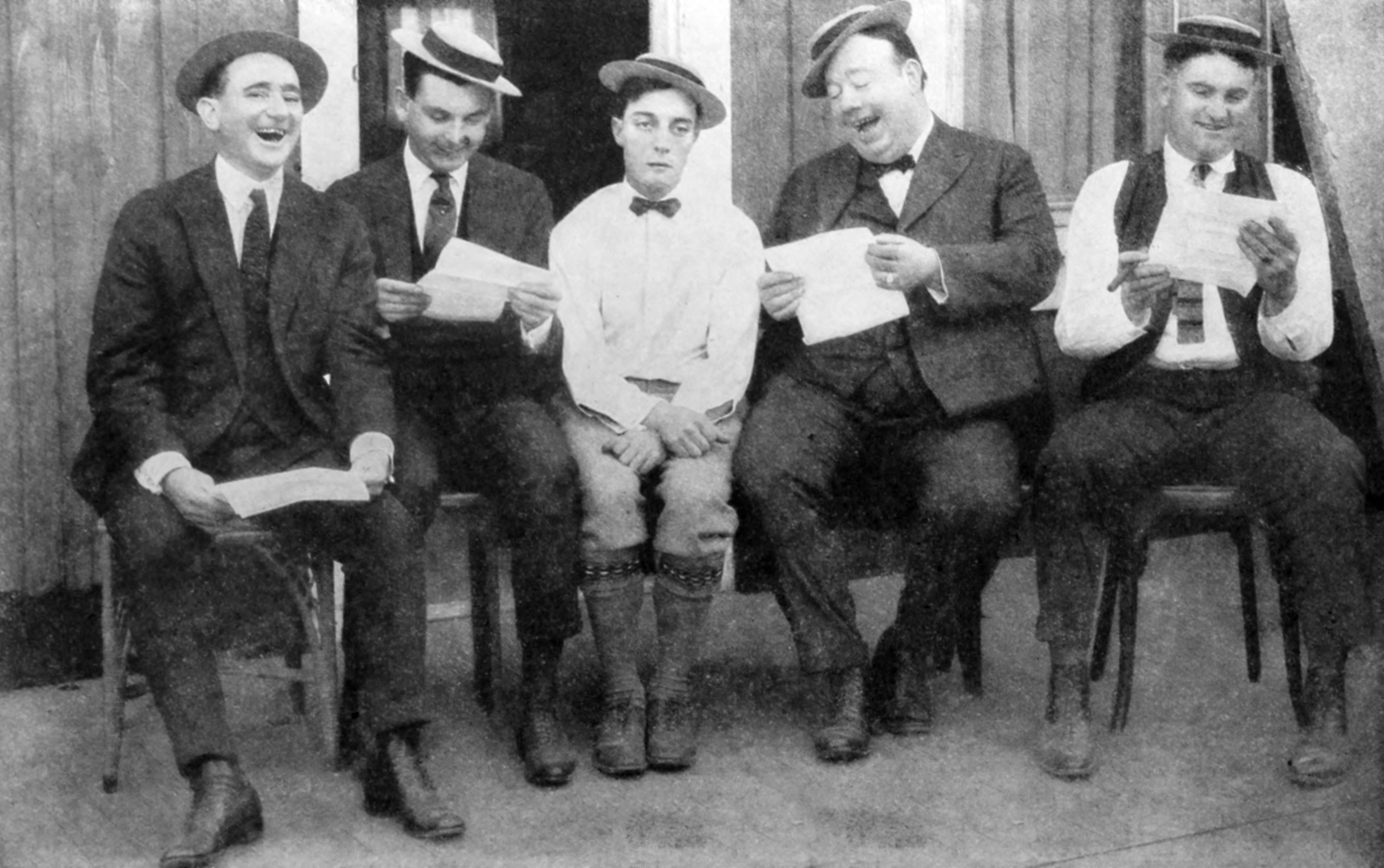 It’s not just the ailment of the tortured creative or the pedantic PhD student. Everybody, both in academia or professional work, will recognise the daunting image of the dreaded blank page. This could be a research proposal, a new chapter, a policy document or even an email about why you really should take that holiday. Oh and yes, it can even be that blog entry you have wanted to write but just haven’t managed to start! They all beg the question, WHERE DO I START?!
It’s not just the ailment of the tortured creative or the pedantic PhD student. Everybody, both in academia or professional work, will recognise the daunting image of the dreaded blank page. This could be a research proposal, a new chapter, a policy document or even an email about why you really should take that holiday. Oh and yes, it can even be that blog entry you have wanted to write but just haven’t managed to start! They all beg the question, WHERE DO I START?!
You’ll tell yourself you really need to read a bit more, or perhaps you will opt to wait for the mood to strike and then you can pump it all out at once, after all you can’t force the creative process…or can you?
‘Snack writing’
Before you convince yourself that you can’t write or that you have missed your calling in life (one that doesn’t need you to write stuff), try your hand at snack writing.
Snack writing was introduced to me earlier this year when I attended a workshop run by Dr Maria Gardiner. Maria specialises in the psychology of high performance. Her research based session identified snack writing as small doses of writing at regular intervals, rather than binge writing which demands huge chunks of free time. Even if you do have the time for binge writing, facing an entire day of writing is daunting and unlikely to be just writing. Maria suggests smaller sessions of 45 minutes, or 1-2 hours, and regularly.
What do we mean by ‘writing’…
There is a good reason why sometimes, following a day of ‘writing’, you just don’t feel that you have been very productive. As a rule of thumb, writing is new words on the page. Snack writing isn’t about editing or formatting. Never mind synonyms or sub-headers, reference checks or academic research. Forget grammar, google and graceful sentences. Just write! You can polish it up later. I like to treat it like a speed writing competition where I need to get as much down as possible. This combines some skills I learnt in an ethnography workshop I attended a little while ago. We were instructed to write non-stop for 5 minutes. Doesn’t sound that bad? It was HARD. But once you run out of things to say, don’t stop. Keep writing and you will start to scratch around for more, and that’s when you begin to dig a little deeper. It’s also the point at which most people stop…so don’t stop when you feel stuck. Maria’s snack writing refers to about 45 minutes but the 5 minute warm up is a good way to get started.
Here are 8 more handy hints from Maria:
#1 Don’t wait to be ready
If you wait until inspiration strikes, you may be waiting a long time. Or perhaps you may have bursts of motivation to write, but it just wont be enough. If you don’t have any deadlines, the moments of motivation are even fewer and further apart. Start writing and that will motivate you to keep writing. You’re mantra is writing motivates writing.
#2 Embrace the fuzzy
Writing well is a process. The final product is the culmination of drafts and redrafts. Don’t expect to write magic every time you sit down. Your ideas will start to take shape as you write them, not before, so embrace the uncertainty at the start.
#3 Write in small portions
That is, start snack writing. Short bursts of writing performed regularly will increase your output substantially. Big chunks of time are rare and most of us have several competing demands on our time as it is. Set a date with yourself tomorrow morning, for example, to write for 20, 30, 40 minutes. Let me know in the comments below how you go.
#4 Schedule writing sessions
The stars will likely not align in a serendipitous way such that you are sitting at your computer at a regular time each week. You need to actively plan for it, then make it happen. Pop it in your diary if it makes it more official.
#5 Mornings make you fresh and crispy
I have tried all sorts of writing times, you probably have too. Maria advises that you are much more productive in the mornings when the day’s events have not milked you of energy and inspiration. Start the day with a snack writing session then spend the rest of the day with research, emails, proof reading and all the other things we previously categorised as writing.
#6 Embrace the crappy
Because you will now embrace those fuzzy ideas, you know that the first few drafts of writing them down are not going to be gold. That’s ok. Again, writing is a process toward a final product that you can glow with pride about. But this will not storm out of your fingers in a gush of magical glory, fingers hurriedly tapping onto the keyboard to produce a magnificent…first draft? Writing down the, well, less than perfect, will lead to the pièce de résistance so be patient with your early attempts.
#7 Feedback is your friend
It’s normal to feel vulnerable about your writing. Think of regular feedback as part of your training in writing well. We are all in training, everyone can always get better so encourage anyone that comes to you with constructive feedback, and don’t be afraid to ask for some too.
#8 Leave a little for tomorrow
 Just as you should start writing before your ready, Maria advises to also stop writing before you’re ready. This leaves plenty of ideas to continue with on your next session. I like to make a little list of ideas or next steps and that gives me something to look forward to when next I approach the keyboard. It helps when you don’t have to start from scratch.
Just as you should start writing before your ready, Maria advises to also stop writing before you’re ready. This leaves plenty of ideas to continue with on your next session. I like to make a little list of ideas or next steps and that gives me something to look forward to when next I approach the keyboard. It helps when you don’t have to start from scratch.
No, you’re not a fraud…
I know, from personal experience, how easy it is to talk yourself out of a writing session. Most of us harbour some level of imposter syndrome. Writing can be hard and for some people it’s an intimidating process. That doesn’t mean you shouldn’t be doing it. We are told from a young age to find our special gift, the one that comes naturally and effortlessly. But some skills just need a little more work than miraculous gifts to compose music, write theory or paint a Picasso (though I bet most people with these seemingly miraculous gifts practiced plenty too).
If you’re interested in a comprehensive look at these points and more, the book is called ‘Turbocharge your writing’. I also found some of Maria’s pointers covered in this handy webpage.
Got any pointers for suffering writer souls? Tried a bit of snack writing? Let us know what works, or doesn’t work, for you!

Some good advice here, thanks.
I recommend Brian Eno’s “Oblique Strategies”. Originally produced as a set of cards, each with an idea to break down blockages, is now available as a simple app.
Glad to see it was helpful, I will certainly consult Eno’s Oblique Strategies. Thanks for the recommendation.
The whole article was so helpful, but I think Maria nailed it with her tip number 5, I will try early mornings. Let’s see. Thanks Maria 😉
Hoping the morning writing sessions have helped 🙂